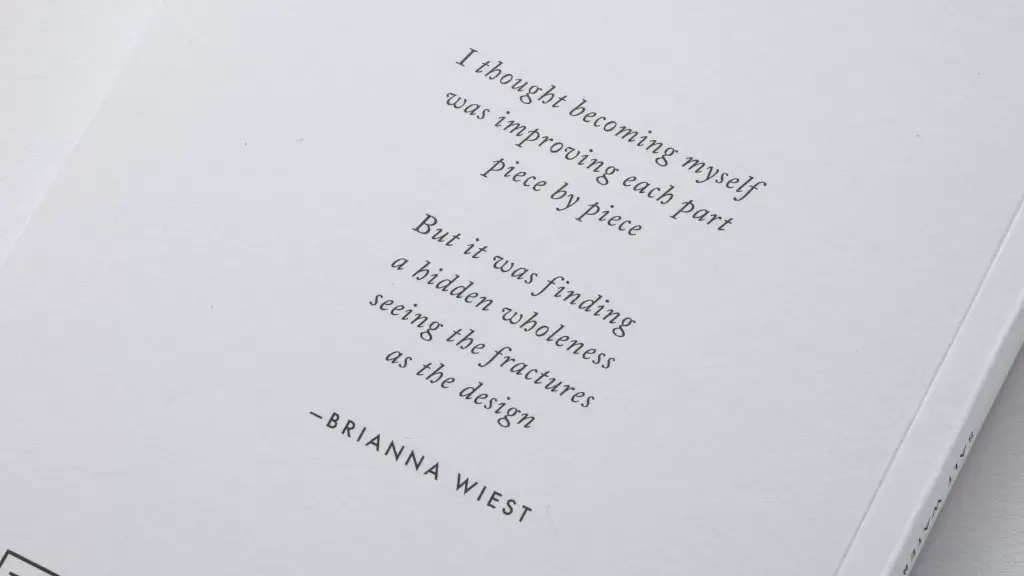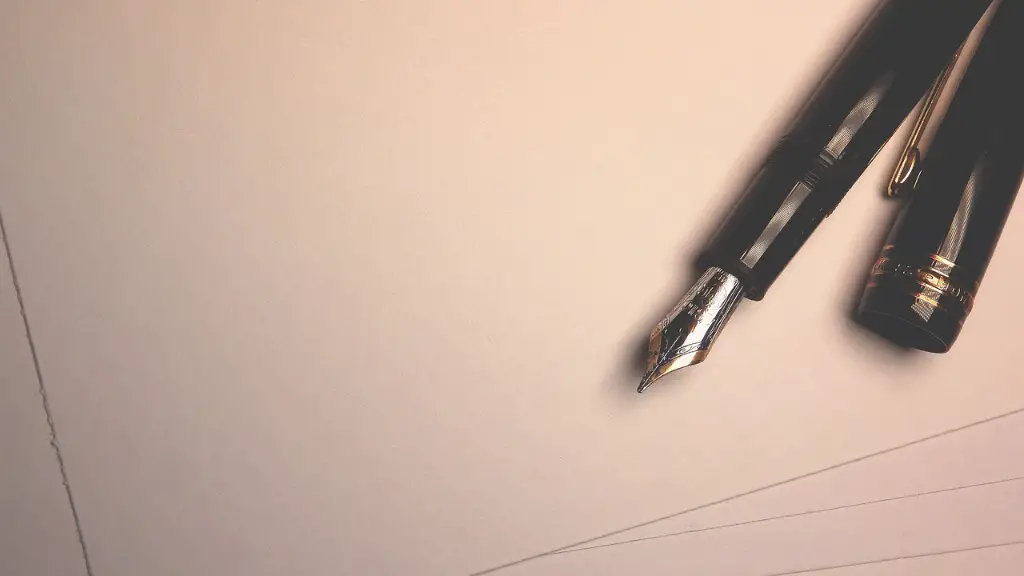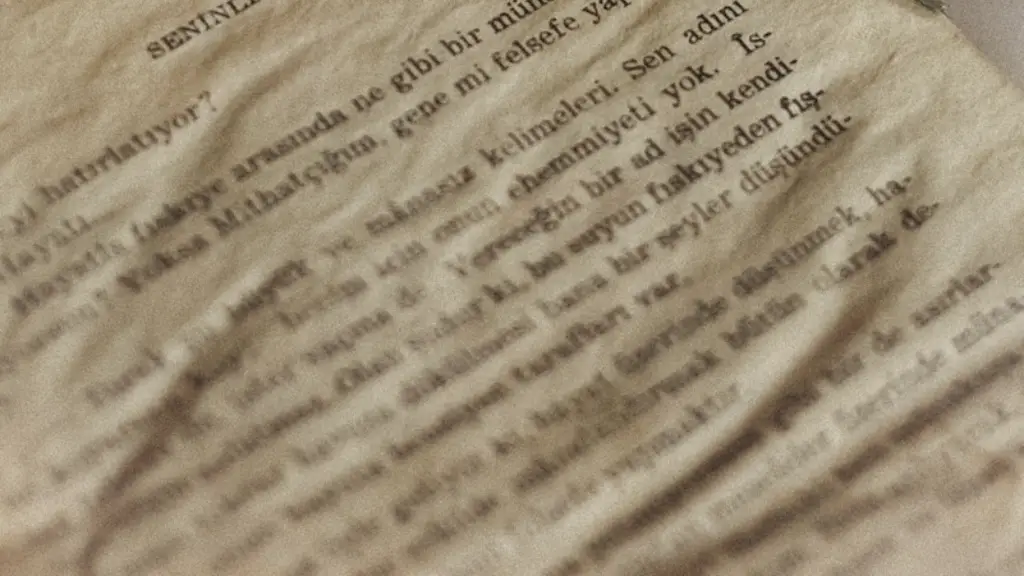Poetry has existed for thousands of years and has constantly evolved, adopting new styles and approaches throughout its history. Different cultures bring unique forms of this art, often resulting in new genres of poetry. There are various types of poetry, ranging from the traditional to the experimental, which provide readers with a wealth of different approaches, perspectives and styles of poetry.
Sonnet
The sonnet is one of the more traditional forms of poetry, consisting of 14 lines with a precise rhyming pattern, often known as a Shakespearean sonnet. This style of poetry is flexible and enables a poet to explore a variety of ideas, often taking the reader on a dramatic journey that culminates in an unexpected twist or revelation. An example of a Sonnet is William Shakespeare’s Sonnet 18:
“Shall I compare thee to a summer’s day?
Thou art more lovely and more temperate.
Rough winds do shake the darling buds of May,
And summer’s lease hath all too short a date.
Haiku
Haiku is a Japanese poetic form consisting of 17 syllables divided into three lines. This form of poetry is often focused on nature, the beauty of the natural world, and the intangible qualities which express the inner essence of things. An example of a Haiku is:
Peaceful stillness in the morning light
A calm amidst a storm inside
A moment of grace and delight
Ballad
Ballads are a form of poetry that often have a narrative structure, with each stanza building upon the events that take place in the previous one until the story reaches its conclusion. This form of poetry is often used in folk songs and can tell a story of love, loss and heartache. An example of a Ballad is Lord Byron’s She Walks in Beauty:
She walks in beauty, like the night
Of cloudless climes and starry skies;
And all that’s best of dark and bright
Meet in her aspect and her eyes
Limerick
The Limerick is a five-line poem with a strict AABBA rhyming scheme that usually makes use of satire and humour. This form of poetry is often comical and often contains bawdy or naughty rhymes. An example of a Limerick is Edward Lear’s ‘There was an Old Man of Leghorn’:
There was an Old Man of Leghorn,
Whose whiskers were made of a cormorant;
But the birds of the ocean,
Destroyed that emotion,
And silenced that Old Man of Leghorn
Free Verse
Free verse is a form of poetry that does not adhere to any traditional style or structure. It is often based upon the poet’s creative and imaginative ideas, rather than focusing on form or metrical structure. Free verse is often a more modern style of poetry, often allowing the poet to express their thoughts and feelings in the most effective way. An example of Free Verse is T.S. Eliot’s The Hollow Men:
We are the hollow men
We are the stuffed men
Leaning together
Headpiece filled with straw. Alas!
Lyric poem
A lyric poem is a form of poetry that expresses the feelings, thoughts and emotions of the poet. This form of poetry is often written in the first person and often contains rhyming patterns and metrical structures. Lyric poetry is used to express the poet’s innermost feelings and can be used to evoke strong emotions in the reader. An example of a Lyric Poem is Robert Frost’s Stopping by Woods on a Snowy Evening:
Whose woods these are I think I know
His house is in the village though;
He will not see me stopping here
To watch his woods fill up with snow.
Epic
An Epic is a form of poetry that tells a story, often about a hero’s journey, struggles and triumphs. This form of poetry often contains vivid descriptions, elaborate characters and poetic devices such as metaphors, similes, and alliteration. An example of an Epic is Beowulf:
The spearman’s strength was for glory,
For honor and might, the hero of Geatland.
The sword flashed against their faces,
Fate sent their souls to the ground
Elegy
An Elegy is a form of poetry that is focused on expressing sadness, grief and loss. This type of poetry often deals with death, either of a loved one or of a political figure, and often contains deep sorrow and despair. An example of an Elegy is Thomas Gray’s Elegy Written in a Country Churchyard:
Full many a flower is born to blush unseen,
And waste its sweetness on the desert air.
Some unconcious life was here departed,
Immortal bird left mortal air.
Narrative Poem
A Narrative Poem is a poem that tells an engaging story and often contains elements of suspense and drama, such as personification and metaphor. This type of poetry can be used to tell tales of love, mystery, and adventure in an imaginative and captivating way. An example of a Narrative Poem is The Lady of Shallot by Alfred Lord Tennyson:
On either side the river lie
Long fields of barley and of rye,
That clothe the wold and meet the sky,
And through the field the road runs by
Ode
An Ode is a form of poetry that is written in praise of someone or something. This type of poetry often contains many elaborate descriptions and expressions of admiration and admiration that give the poem great depth and emotion. An example of an Ode is John Keats’ Ode to a Nightingale:
My heart aches, and a drowsy numbness pains
My sense, as though of hemlock I had drunk,
Or emptied some dull opiate to the drains
One minute past, and Lethe-wards had sunk
Blank Verse
Blank Verse is a form of poetry that consists of unrhymed lines and is often written in iambic pentameter. This form of poetry is often used to tell stories about human experience and emotions, often dealing with loss, heartbreak, and tragedy. An example of a Blank Verse Poem is John Milton’s Paradise Lost:
Of Mans First Disobedience, and the Fruit
Of that Forbidden Tree, whose mortal tast
Brought Death into the World, and all our woe,
With loss of Eden, till one greater Man
Restore us, and regain the blissful Seat


